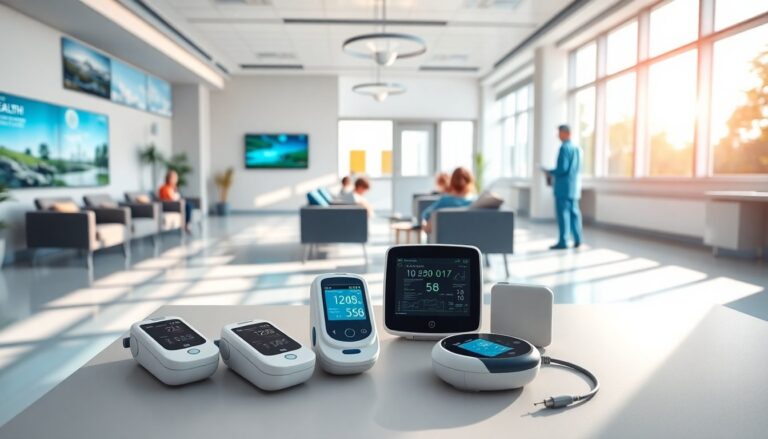Argomenti trattati
Advancements in digital health: transforming patient care
The healthcare landscape faces ongoing challenges in improving patient outcomes and delivering efficient care. Chronic diseases, including diabetes and heart disease, are on the rise, highlighting the need for innovative solutions that cater to both clinical requirements and patient experiences.
Problem: The rising burden of chronic diseases
Chronic diseases affect millions worldwide, contributing to significant morbidity and healthcare expenses. According to the World Health Organization, these conditions account for approximately 71% of all global deaths. The traditional healthcare system frequently struggles to provide continuous monitoring and personalized care, which can worsen patient outcomes.
Solution: Digital health technologies
Recent advancements in digital health technologies, such as telemedicine, wearable devices, and mobile health applications, present promising solutions. Platforms enabling remote patient monitoring facilitate timely interventions and enhance patient engagement. Studies show that patients using these technologies typically report higher satisfaction and better health outcomes.
Scientific evidence to support
Research published in Nature Medicine underscores the effectiveness of wearable devices in managing chronic conditions, revealing that patients using these tools experienced a 20% improvement in adherence to treatment protocols. Furthermore, a systematic review in the New England Journal of Medicine found that telehealth interventions can reduce hospitalization rates by up to 30% for patients with chronic illnesses.
Implications for patients and healthcare systems
From the patient’s perspective, adopting digital health technologies enhances access to care and fosters a greater sense of autonomy in health management. These solutions can alleviate pressure on healthcare systems by decreasing emergency room visits and hospitalizations, ultimately leading to cost savings and improved resource allocation.
Future perspectives and expected developments
Looking ahead, integrating artificial intelligence and machine learning into digital health applications is anticipated to further personalize patient care. As these technologies advance, they have the potential to transform healthcare delivery, making it more proactive and tailored to individual needs. The ethical implications of these advancements must be carefully considered to ensure that patient privacy and data security remain priorities in this rapidly evolving landscape.

